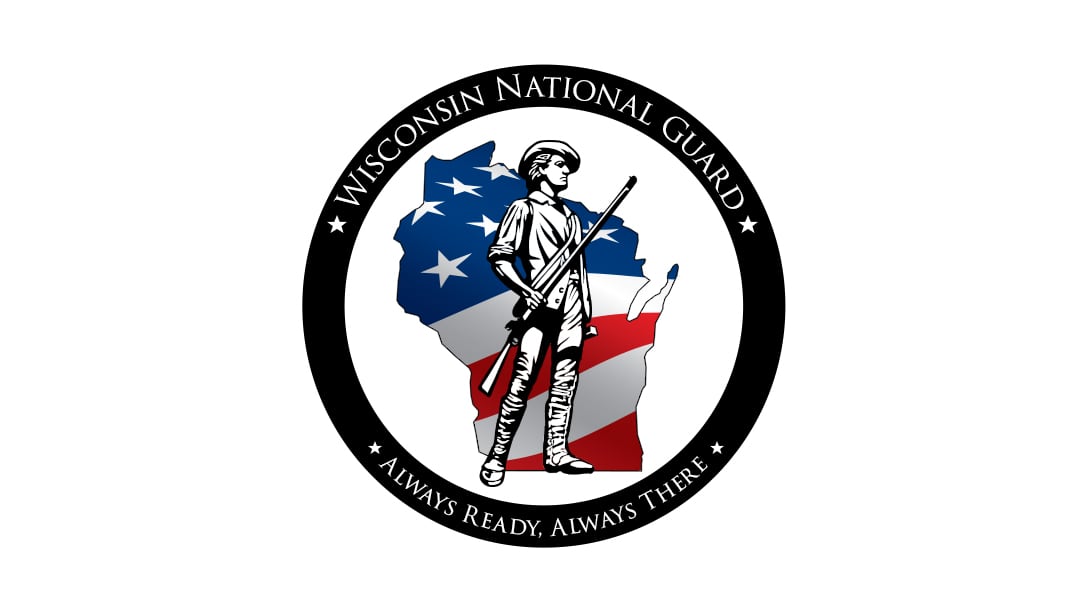ANCHORAGE, Alaska — An Alaska Department of Administration audit has found that the state’s National Guard units improved the handling of sexual assault and sexual harassment since 2014, but some problems remain.
The administration department’s oversight unit said the National Guard increased sexual assault and prevention training, set up new procedures for addressing complaints and created a new military judicial system under laws passed by the Alaska Legislature, The Anchorage Daily News reported Sunday.
Citing the results of anonymous annual surveys of National Guard members, the report concluded that training efforts have encouraged soldiers to report problems.
“We believe one reason we’re having more reports is that people are now more comfortable in coming forward,” said Adjutant General Torrence Saxe, head of the Alaska National Guard. “If numbers are going up, we do think that is more trust in leadership.”
The National Guard conducted 23 sexual assault disciplinary proceedings between 2016 and September 2019. The study included 15 reports that were unrestricted to allow auditor examinations.
The 15 reports dealt with seven National Guard members, including five who suffered military punishment. One complaint was unsubstantiated while another remains under investigation.
In several cases, civilian prosecutors pursued charges against the National Guard members as the military justice system worked in parallel.
The audit recommended greater cooperation between civilian prosecutors and the military justice system, with legislation to allow information sharing. The report also called for a military judge for the Alaska National Guard.
RELATED

Republican Gov. Mike Dunleavy ordered the audit “to give Alaskans assurance that the Alaska National Guard Sexual Assault Prevention and Response Program is fully implemented and continues to be followed by Guard leadership,” said Jeff Turner, Dunleavy’s deputy communications director.
Prior investigations by the state and the federal National Guard concluded sexual abuse, assault and harassment were significantly under-reported, in part because commanders’ actions deterred reporting.
“They acted like they didn’t care about it for a while,” said Republican Rep. Steve Thompson, co-chair of the Alaska House special committee on military and veterans affairs.





